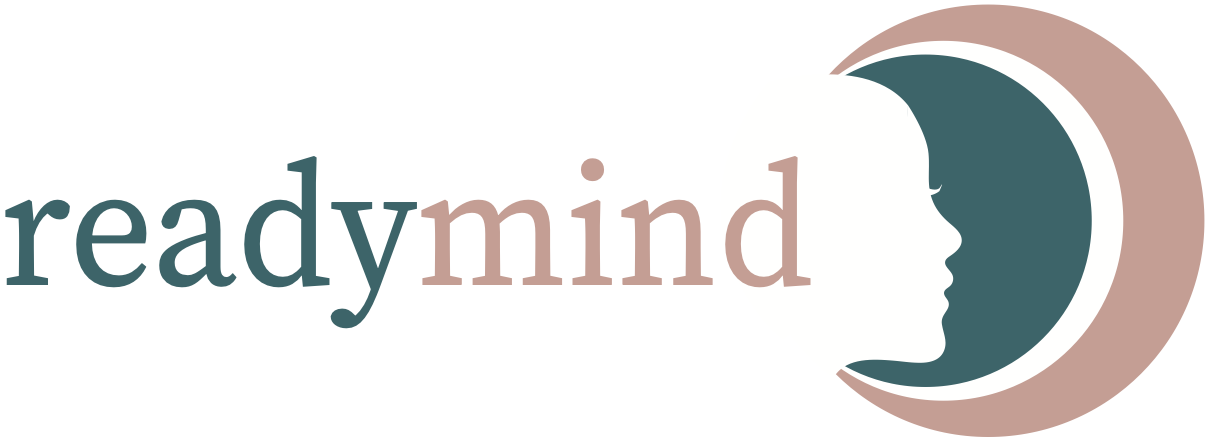Overview
- Assessment Tools
We develop brief, automated assessment tools to help you understand your patient’s mindset and their readiness for cosmetic treatment. - Consulting
We consult for cosmetic companies and professionals who would like input around the psychological aspects of their practice, or support in planning and execution of psychological research in the cosmetic industry. - Training
We offer face-to-face and online courses on understanding patient psychology in the cosmetic industry, and how to take care of both the psychological and physical needs of your patients.
- Cosmetic Readiness Assessments
We offer in-depth patient consultations and assessments either face-to-face or via telehealth to determine readiness for cosmetic treatment, or to support patients in their decision-making. - Presentations
We regularly present at conferences, workshops and academic and industry forums about a range of topics related to cosmetic psychology and body image.
Our ReadyMind Screening platform is live!
Start boosting satisfaction rates and decreasing patient dissatisfaction here.
Why should you use our assessment tool?
In 2023, the Medical Board of Australia released updated guidelines for medical practitioners who provide surgical and non-surgical cosmetic procedures.
The new guidelines state:
“2.2 The medical practitioner who will perform the surgery/procedure must discuss and assess the patient’s reasons and motivation for requesting the surgery including external reasons (for example, a perceived need to please others) and internal reasons (for example, strong feelings about appearance). The patient’s expectations of the surgery must be discussed to ensure they are realistic.
2.4 The medical practitioner who will perform the surgery/procedure must assess the patient for underlying psychological conditions such as body dysmorphic disorder (BDD), which may make them an unsuitable candidate for the surgery. The practitioner doing the assessment must use a validated psychological screening tool to screen for BDD. The process and the outcome of the assessment and screening must be documented in the patient’s record, for all patients seeking cosmetic surgery.”

Adult patients should be referred for evaluation if there are indications that the patient has significant underlying psychological problems which may make them an unsuitable candidate for the procedure.
Referral must be to a registered practitioner who works independently of the medical practitioner who will perform the procedure. Referral must be to a registered:
- psychologist, or
- psychiatrist, or
- general practitioner who does not provide cosmetic procedures.”
All patients under the age of 18 seeking a major procedure must be referred for evaluation to identify any underlying psychological problems which may make them an unsuitable candidate for the procedure.”
But we know that a thorough assessment of your patient’s motivations, expectations and psychological wellbeing takes time and effort – this might be time that you don’t have while running a busy cosmetic practice!
With our ReadyMind Assessment Tool, in just 5 minutes you can:
- Identify the patient’s motivations and expectations for treatment
- Identify the presence of mental health concerns which may reduce satisfaction with cosmetic treatment, including Body Dysmorphic Disorder (BDD), psychological distress and low self-esteem.
- Have a documented screening process on file, in the event that you are audited or need it for legal purposes
- Receive an instant report which will tell you:
- If your patient has a ‘ready’ mindset and is able to proceed with the cosmetic procedure
- If there are any motivations or expectations which should be discussed further with patients during your consultation
- If your patient may benefit from a referral to a mental health professional before proceeding with treatment
With our simple traffic light system we’ll let you know if your patient is in the:
Green Zone
People in the green zone have clear goals and realistic expectations for treatment. These patients have a ‘ready’ mindset, are likely to feel more confident and be satisfied with the outcome.
Yellow Zone
People in the yellow zone may have unrealistic treatment goals or expectations, be experiencing stress or other challenging life circumstances. This patient may need a little more support throughout their cosmetic treatment journey. They will need more explanation of the realistic outcomes of treatment, and a thorough explanation of possible risks. Patients in the yellow zone sometimes feel worried during their recovery.
Red Zone
People in the red zone have mental health challenges that may interfere with them feeling satisfied with the cosmetic procedure, such as body dysmorphia, chronically low self-esteem, or unmanaged depression or anxiety. It is recommended that you refer them to a mental health professional who can support them in making the decision about whether to proceed with the cosmetic procedure. They may benefit from psychological counselling.
